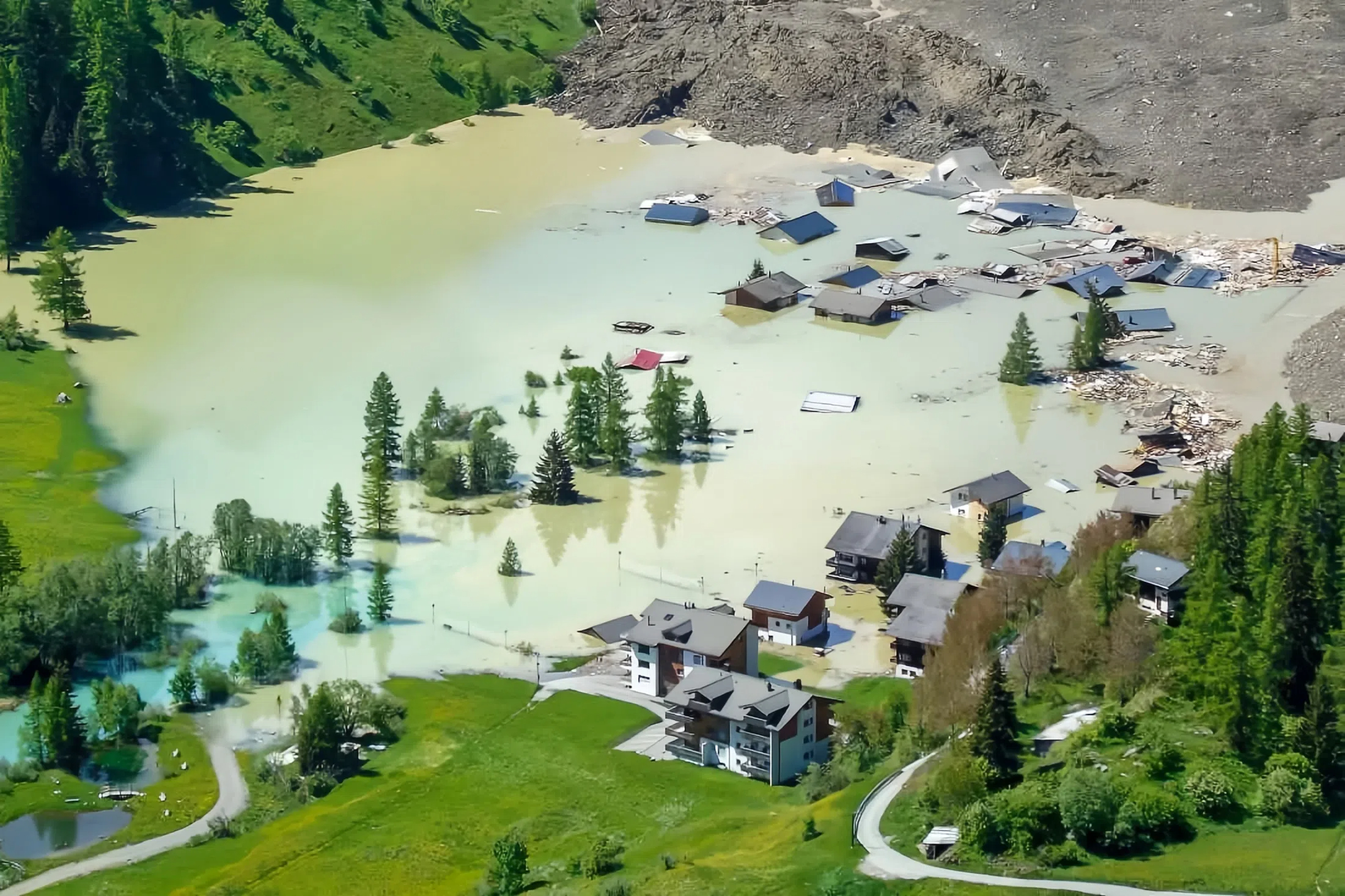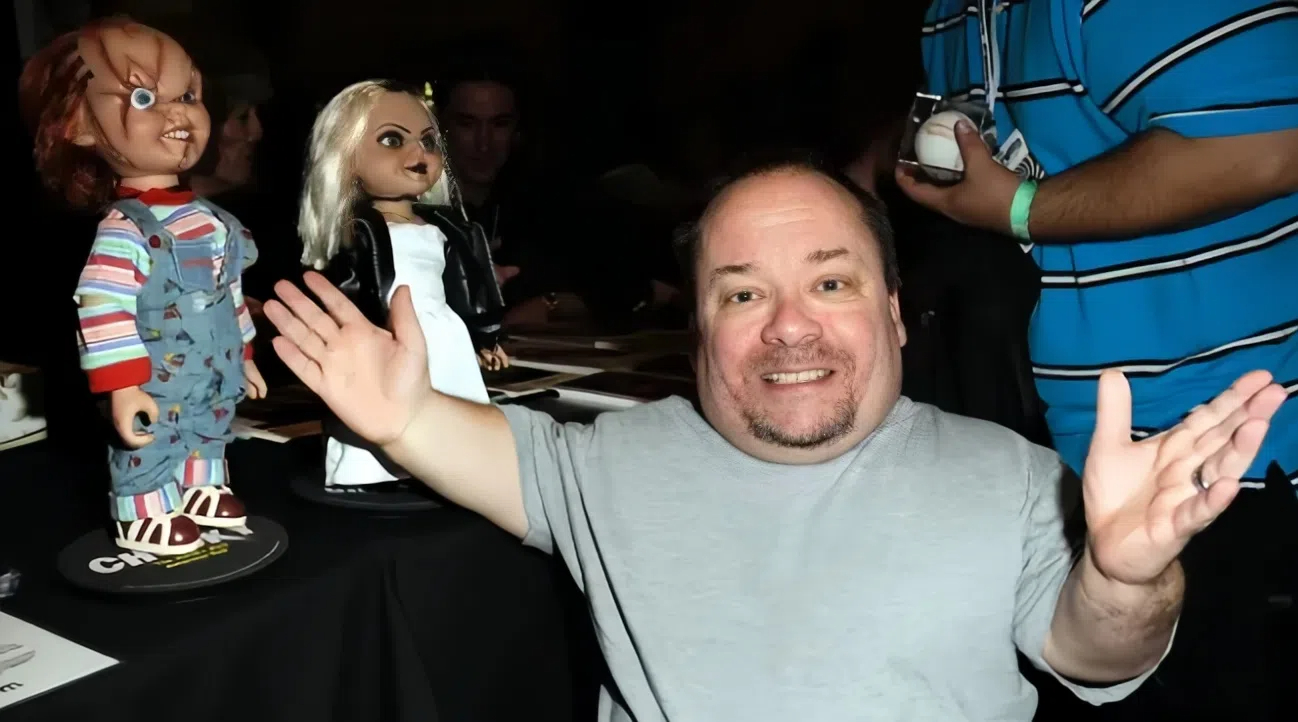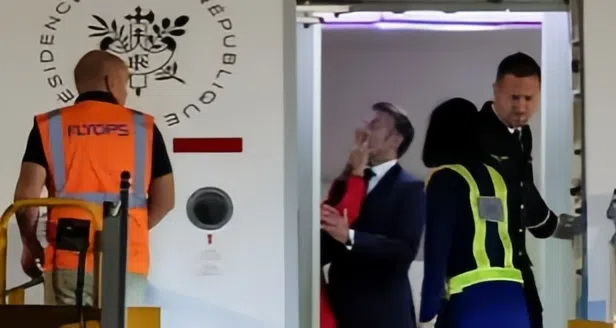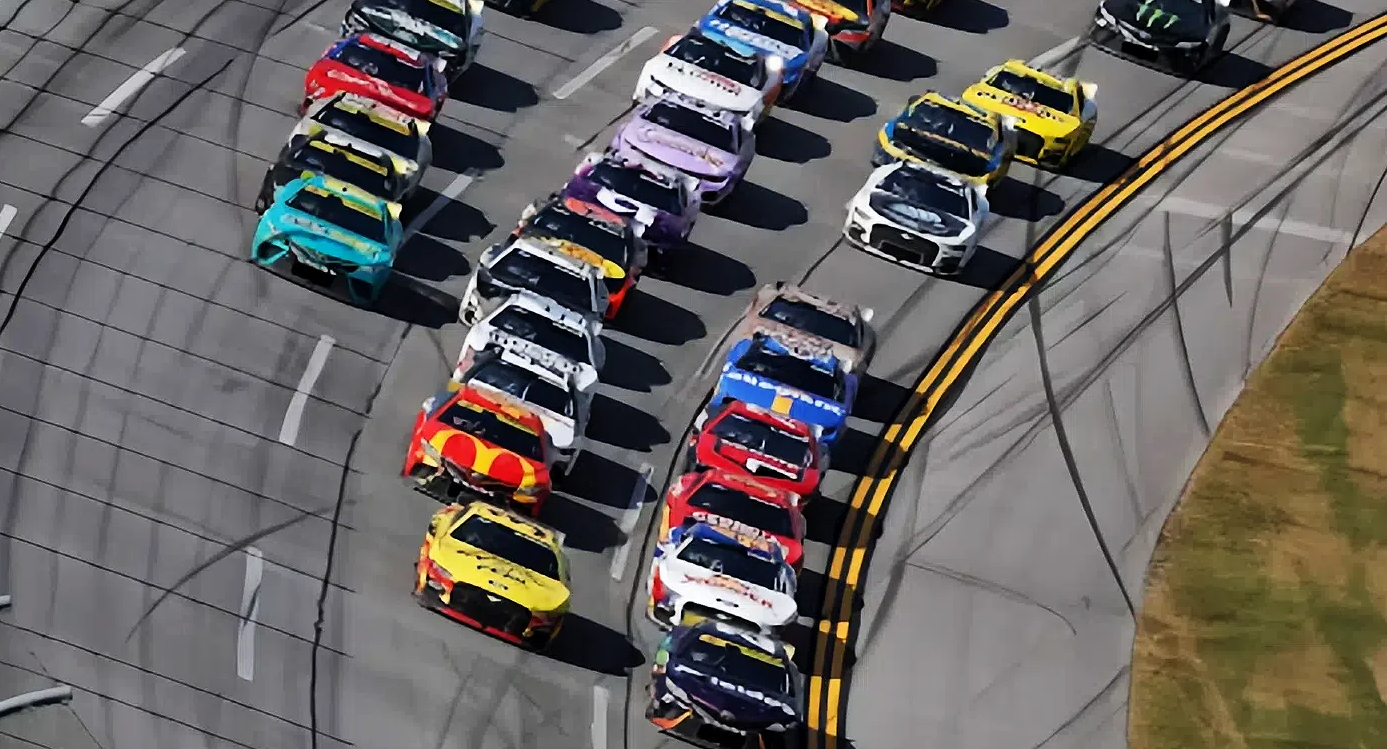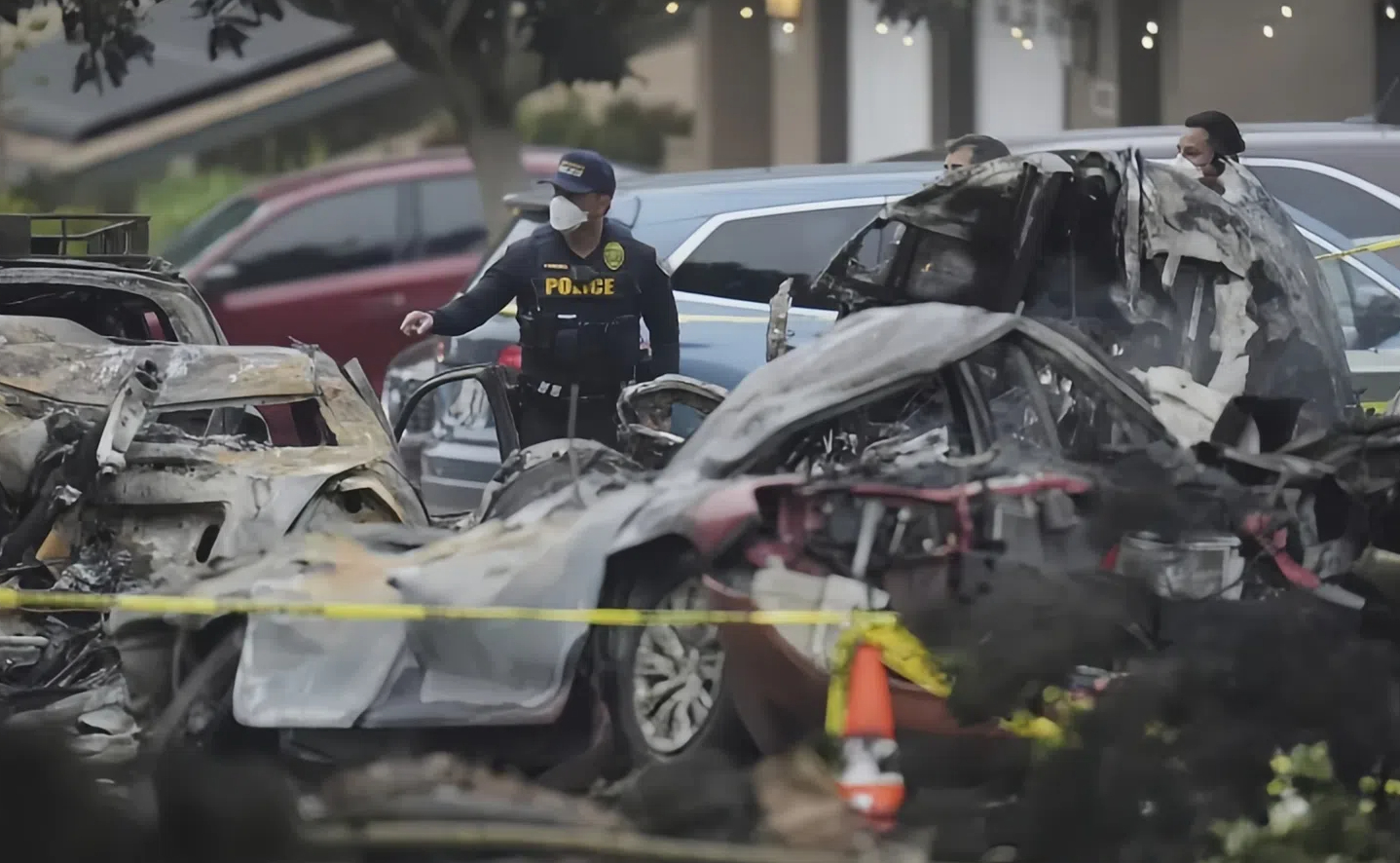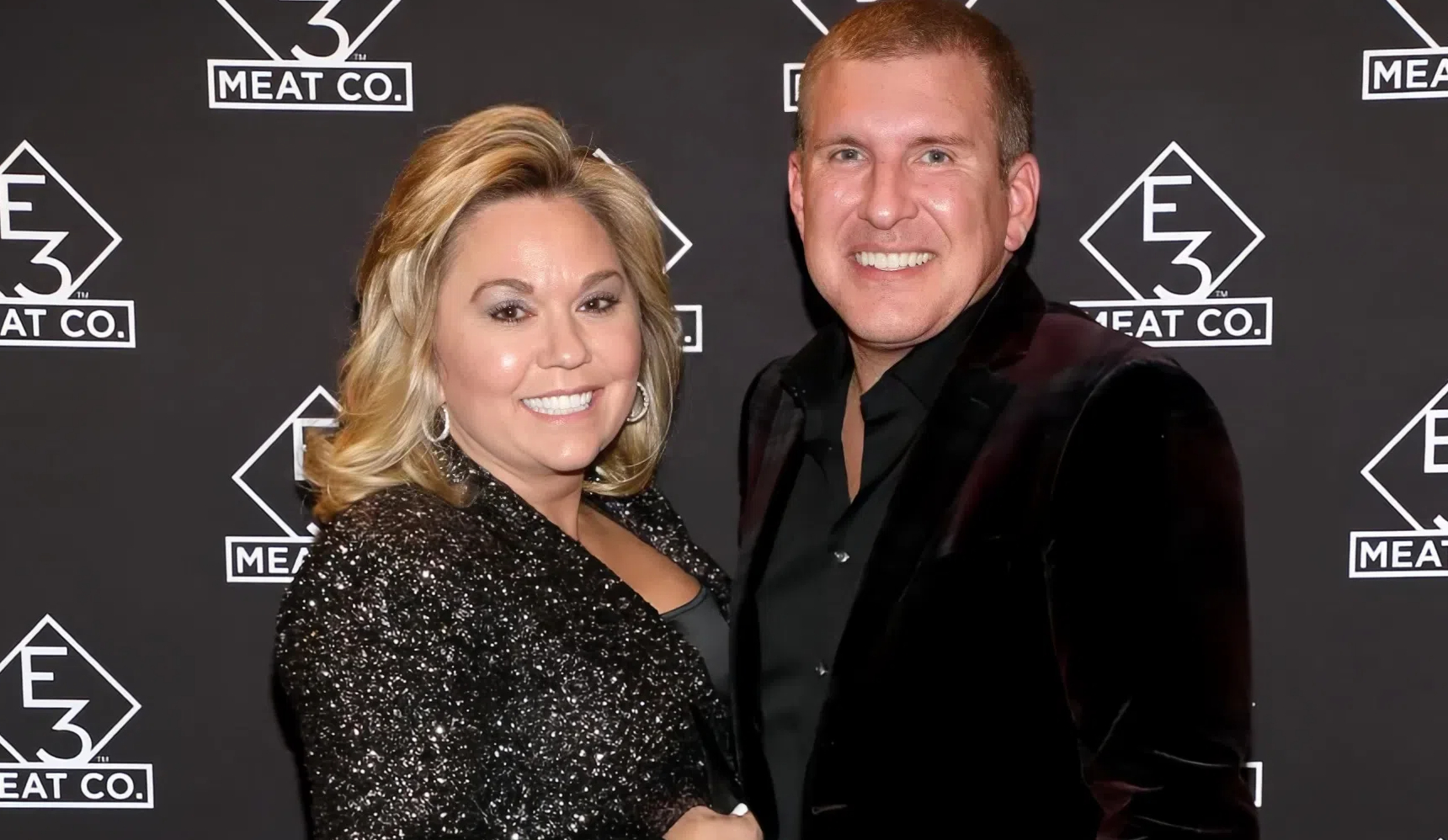
Presidential Pardon as Celebrity Privilege? The Power Play Behind Trump’s Pardon of Reality TV Tycoon Couple
Introduction: When Justice Meets a "Reality TV-Style" Pardon
A single pardon order has freed reality TV stars Todd and Julie Chrisley, imprisoned for defrauding banks of $30 million and committing tax crimes. Former President Trump’s pen has once again sparked nationwide outrage—is this a correction of judicial injustice or a brazen exchange of power and fame?
I. Case Recap: From Screen Stars to Convicts
The Chrisley family—a reality TV franchise famous for flaunting wealth and drama—collapsed in 2022 under the weight of a real-life financial scandal:
-
Crimes: The couple conspired to falsify asset documents, swindling banks out of over $30 million while systematically evading taxes, even attempting to defraud the IRS.
-
Sentencing: Todd received 12 years, Julie 7 years, making their case a symbol of “harsh punishment” for white-collar crimes.
-
Controversy: Despite claiming innocence, a jury convicted them based on overwhelming financial evidence. The case became emblematic of “wealthy elites gaming the system.”
II. The Pardon Drama: A Staged "Political Reality Show"
Trump’s pardon spectacle mirrored his reality TV flair:
-
High-Profile Phone Call Broadcast: Trump called the couple’s daughter, Savannah, promising, “They’ll be free by tomorrow,” with the conversation filmed and publicized.
-
Pardon Advisor’s Endorsement: Alice Johnson, pardoned by Trump in 2018 (after 21 years for drug charges), appeared to bolster his “justice warrior” image.
-
White House Spin: Spokespersons labeled the couple “victims of an unjust system,” glossing over crime details to focus on “excessive sentencing.”
Critical Question: If judicial bias existed, why not appeal to the Supreme Court? The pardon, timed mid-appeal, may short-circuit legal due process.
III. The Political Bargain: From Courtroom to Campaign Trail
This pardon is no act of mercy—it’s transactional power politics:
-
Savannah Chrisley’s Political Allegiance:
-
Starring at the 2024 Republican National Convention to endorse Trump.
-
Joining the “Women for Trump” tour in swing states.
-
Frequent Fox News appearances, framing her parents as victims of a “political witch hunt” to rally conservative voters.
-
-
Trump’s Calculations:
-
Solidifying his “anti-establishment crusader” persona to attract populist supporters.
-
Leveraging reality TV fame to harvest entertainment-driven political capital.
-
IV. The Debate: Has Presidential Pardon Power Spiraled Out of Control?
This case exposes deep fissures in America’s justice system:
-
Supporters’ Argument: Wealthy defendants often receive leniency—the Chrisleys’ sentences were “unusually harsh,” justifying the pardon.
-
Critics’ Fury:
-
Elite Exceptionalism: Would an ordinary citizen receive a presidential pardon call for similar crimes?
-
Undermining Judicial Integrity: Skipping appeals to grant pardons risks emboldening the wealthy to “gamble on presidential turnover.”
-
-
Expert Warnings: Trump’s “weaponization” of pardons to reward allies sets a dangerous precedent.
V. Societal Echoes: When Justice Becomes Reality TV Script
-
Public Divide: Conservatives cheer a “win”; liberals decry “double standards.”
-
Media Wars:
-
Fox News highlights “government persecution of a Christian family” (the Chrisleys touted devout faith).
-
Left-leaning outlets like CNN condemn Trump’s “pardon-for-votes” strategy as a threat to the rule of law.
-
-
The Ultimate Metaphor: From Chrisley Knows Best to Trump Knows Best, the line between reality and performance has vanished.
Conclusion: The Pardon Reflects America’s Two Faces
The Chrisleys’ pardon is far from a mere legal dispute. It lays bare a divided America:
-
To some, the justice system is a temple of fairness;
-
To others, it is merely a tradable “ratings prop.”
When presidential power becomes a reality TV producer’s “golden edit button,” who can still believe in equality before the law?
